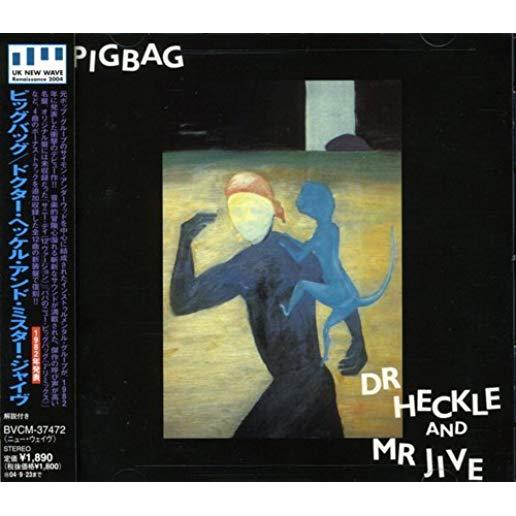
In Ford Flathead Engines: How to Rebuild & Modify, veteran author Tony Thacker and flathead guru of H&H Flatheads, Mike Herman, take you through rebuilding a flathead. One of the most important steps is to actually find a good, usable core; many have been sitting for a very long time and the engine design is prone to cracking. Running changes are also an important consideration when selecting a core and include the cooling system, ignition, and transmission mount.
After you have selected a core, Thacker and Herman take you through the entire process of a rebuild, including teardown, parts inspection, machine shop processes, replacement part selection, reassembly, start up, and break-in.
Although not the first V-8 engine ever produced, Henry Ford's side-valve V-8, launched in 1932, certainly qualified as the first mass-produced V-8 sold to the public. Because of Henry Ford's stubbornness, the first versions were less than ideal. The technology was in its infancy, and cost-cutting measures limited the output and reliability of the early models. Over time, however, the "Flattie" became the go-to powerplant for a whole generation of new hobbyists who were called "hot rodders." The engine maintained its position in the hobby well into the 1950s, even when more modern overhead-valve designs started coming out of Detroit. It's hard to overstate the impact that this simple little engine had on a whole generation of enthusiasts. Even today, people choose a flathead for period-correct builds over far more powerful options. The style and sound of a modified flathead is an iconic part of American history.
Also covered is a unique performance build completed at the H&H shop for legendary race car team manager and all-around enthusiast Ray Evernham. It all adds up to a must-have book with more than 500 color photos and insider tips on building what could be called the most iconic engine ever built: the Ford flathead V-8.







